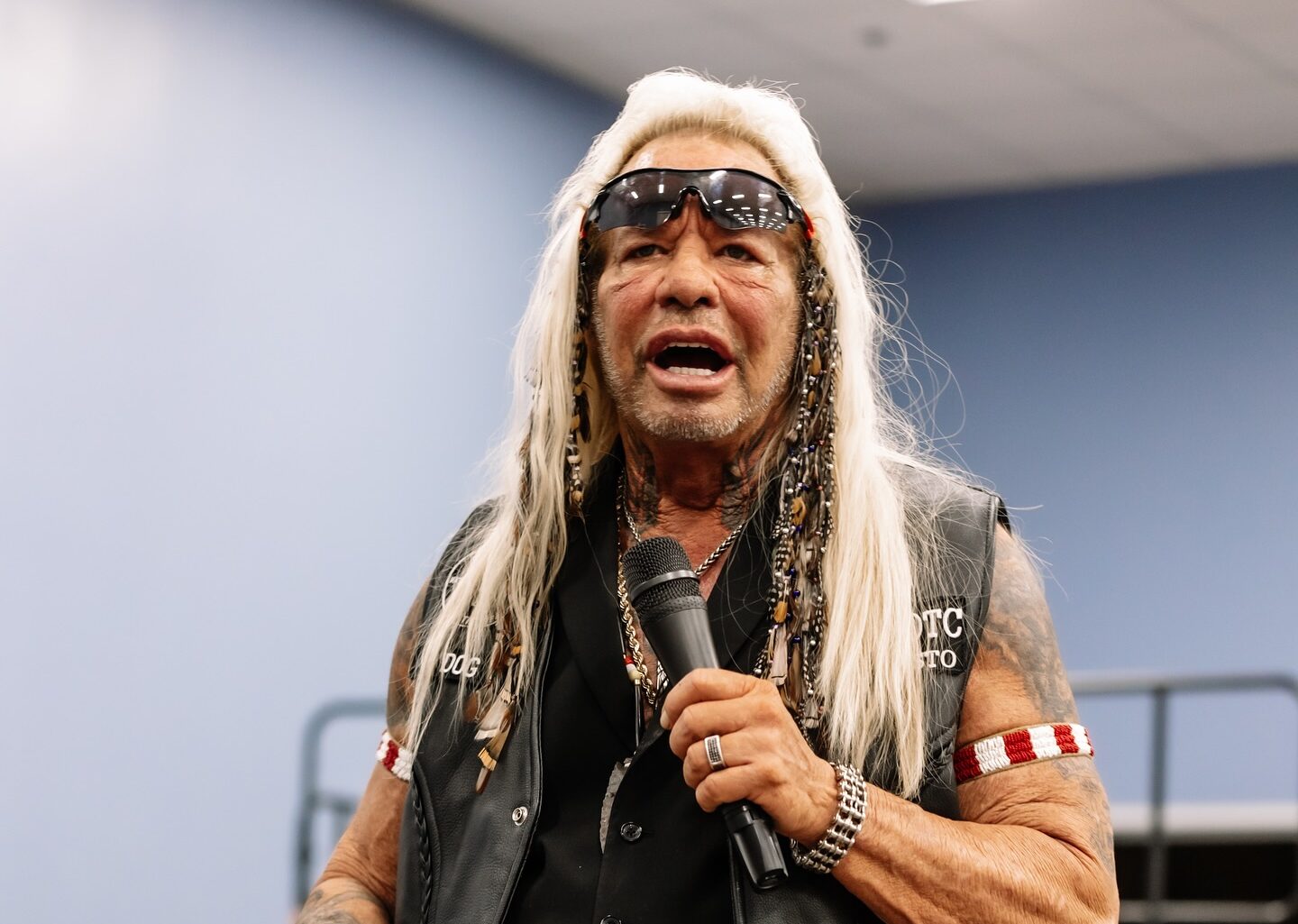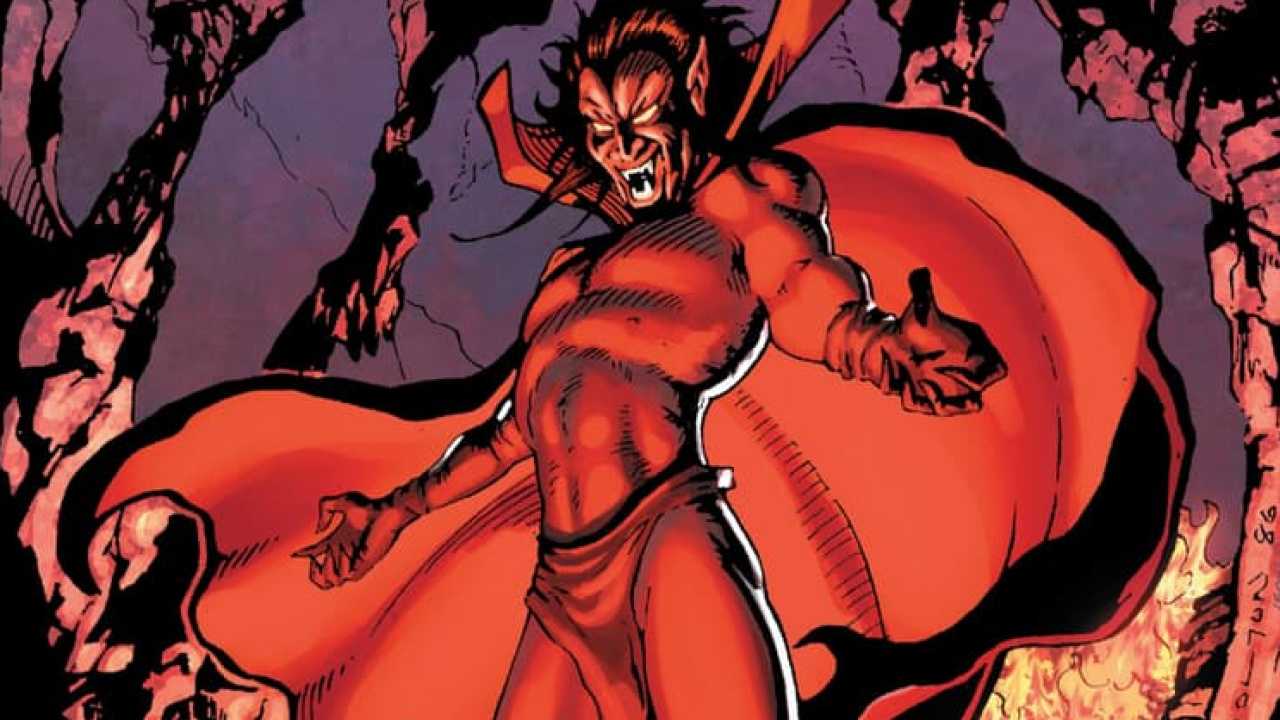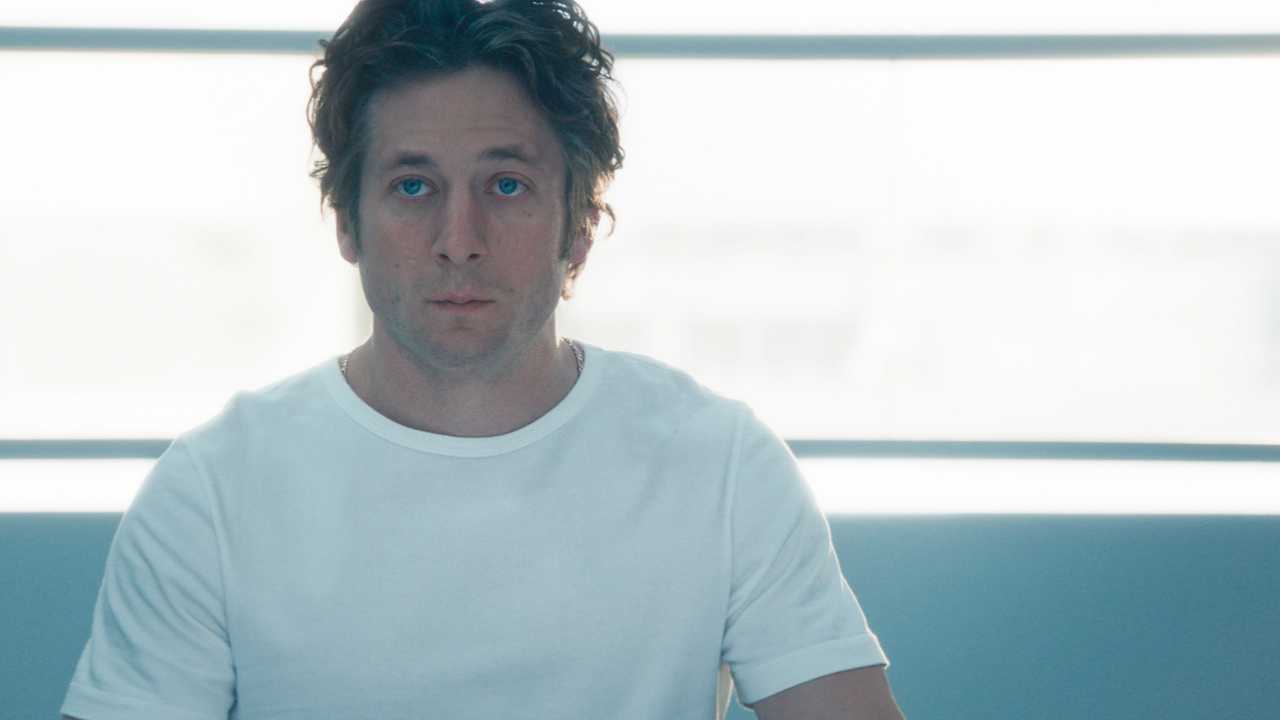
Match Point: A Thrilling Tale of Ambition, Love, and Moral Dilemmas
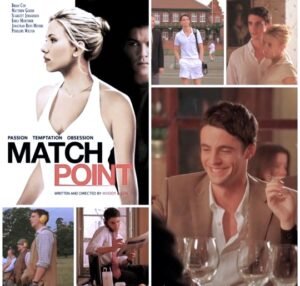
Table of Contents
- Introduction
- The Vision Behind Match Point
- Plot Summary: Love, Lies, and Luck
- Chris Wilton’s Ambitious Beginnings
- The Entangled Affairs
- A Shocking Turn of Events
- Themes Explored in Match Point
- The Role of Luck in Life
- Ambition and Morality
- The Fragility of Relationships
- Key Characters in Match Point
- Woody Allen’s Cinematic Brilliance
- Why Match Point Resonates With Audiences
- Cultural Impact and Legacy
- Lessons from Match Point
- FAQs About Match Point
Introduction
Released in 2005, Match Point marked a departure for writer-director Woody Allen, both in tone and setting. Set against the backdrop of London’s high society, this psychological thriller explores themes of ambition, moral compromise, and the unpredictability of fate. With compelling performances and a gripping storyline, Match Point remains one of Allen’s most critically acclaimed films, hailed for its dark and thought-provoking narrative.
The Vision Behind Match Point
Woody Allen crafted Match Point as a cautionary tale about the power of luck and its ability to shape lives. Departing from his usual comedic tone, Allen embraced a darker, more suspenseful style, drawing inspiration from literary classics like Fyodor Dostoevsky’s Crime and Punishment. This shift allowed Allen to delve deep into the psychological complexities of human behavior.
Plot Summary: Love, Lies, and Luck
Chris Wilton’s Ambitious Beginnings
The story follows Chris Wilton (Jonathan Rhys Meyers), a former tennis pro who takes a job as a coach at an elite London club. Through his work, Chris befriends Tom Hewett (Matthew Goode), a wealthy young man with connections to high society. Chris quickly integrates himself into the Hewett family, eventually marrying Tom’s sister, Chloe (Emily Mortimer), whose father offers him a lucrative position in the family business.
The Entangled Affairs
Despite his seemingly perfect life, Chris becomes infatuated with Tom’s fiancée, Nola Rice (Scarlett Johansson), an aspiring actress with a fiery and seductive personality. Their affair begins as a passionate escape but soon spirals into a dangerous obsession. Torn between his desire for Nola and his ambition to maintain his privileged lifestyle, Chris’s choices grow increasingly reckless.
A Shocking Turn of Events
When Nola becomes pregnant and pressures Chris to leave Chloe, he faces an impossible dilemma. Desperate to preserve his carefully constructed life, Chris makes a chilling decision: he murders Nola and frames the crime as a robbery. In a twist of fate, Chris’s plan succeeds, and he avoids suspicion, thanks to a stroke of sheer luck. The film ends with Chris achieving his goals but at the cost of his humanity, leaving viewers to grapple with the moral ambiguities of his actions.
Themes Explored in Match Point

The Role of Luck in Life
The recurring imagery of a tennis ball balancing on the net underscores the central theme of luck’s unpredictability. Chris’s survival hinges on chance, highlighting how random events can determine success or failure.
Ambition and Morality
Chris’s rise to the top comes at the expense of his moral integrity. The film examines the lengths people will go to achieve their ambitions and the ethical compromises they are willing to make.
The Fragility of Relationships
From Chris’s marriage to his affair with Nola, the film portrays relationships as fragile constructs, easily shattered by lies, betrayal, and selfishness.
Key Characters in Match Point
- Chris Wilton (Jonathan Rhys Meyers): An ambitious and morally ambiguous protagonist whose choices drive the narrative.
- Nola Rice (Scarlett Johansson): A complex and vulnerable character who becomes a victim of Chris’s duplicity.
- Chloe Hewett (Emily Mortimer): Chris’s devoted wife, blissfully unaware of his betrayal.
- Tom Hewett (Matthew Goode): A wealthy socialite who introduces Chris to a world of privilege.
Woody Allen’s Cinematic Brilliance
Allen’s direction in Match Point is restrained yet masterful, allowing the tension to simmer beneath the surface. The film’s London setting, captured through muted tones and elegant compositions, mirrors the characters’ polished yet deceitful lives. Allen’s use of opera, particularly arias from La Traviata, underscores the film’s tragic undertones, adding depth to its emotional resonance.
Why Match Point Resonates With Audiences
Match Point captivates viewers with its blend of suspense, drama, and moral complexity. Its exploration of luck and ethical compromise resonates universally, encouraging introspection about the forces that shape our lives. The film’s shocking twist and ambiguous ending leave a lasting impression, sparking debates about justice and morality.
Cultural Impact and Legacy
Match Point received critical acclaim upon release, earning an Academy Award nomination for Best Original Screenplay. It revitalized Woody Allen’s career, showcasing his ability to craft compelling narratives beyond his comedic roots. The film’s exploration of ambition and morality has made it a standout in psychological thrillers, influencing similar works in the genre.
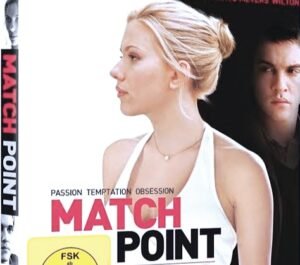
Lessons from Match Point
- Luck Can Shape Destiny: Success often depends on forces beyond our control, as Chris’s survival illustrates.
- Ambition Has Consequences: The pursuit of power and wealth can come at great personal and ethical cost.
- Truth Is Fragile: Lies and deceit may bring temporary gains, but they ultimately erode the foundation of relationships.
FAQs About Match Point
1. What is Match Point about?
The film follows Chris Wilton, an ambitious man who becomes entangled in a web of infidelity, lies, and murder to preserve his privileged lifestyle.
2. Is Match Point a typical Woody Allen film?
No, Match Point departs from Allen’s usual comedic tone, embracing a darker, suspenseful style with themes of morality and luck.
3. What role does luck play in the movie?
Luck is a central theme, symbolized by the tennis ball on the net, representing how chance events determine outcomes.
4. Why does Chris kill Nola?
Chris murders Nola to protect his marriage, career, and social status, showcasing his moral downfall.
5. What is the significance of the film’s ending?
The ending highlights the randomness of justice and the unsettling truth that Chris’s crimes go unpunished due to sheer luck.
O Stree Kal Aana: The Urban Legend That Became a Bollywood ClassicThe Matrix Resurrections: Revisiting a World of Illusion and FreedomLeonardo DiCaprio’s Oscar-Winning Masterpiece: A Look at The RevenantCatch Me If You Can: The Thrilling True Story of Deception and RedemptionPushpa 2 The Rule: Rise of the King
Discover more from imd369
Subscribe to get the latest posts sent to your email.
